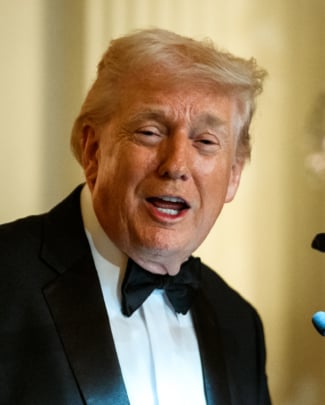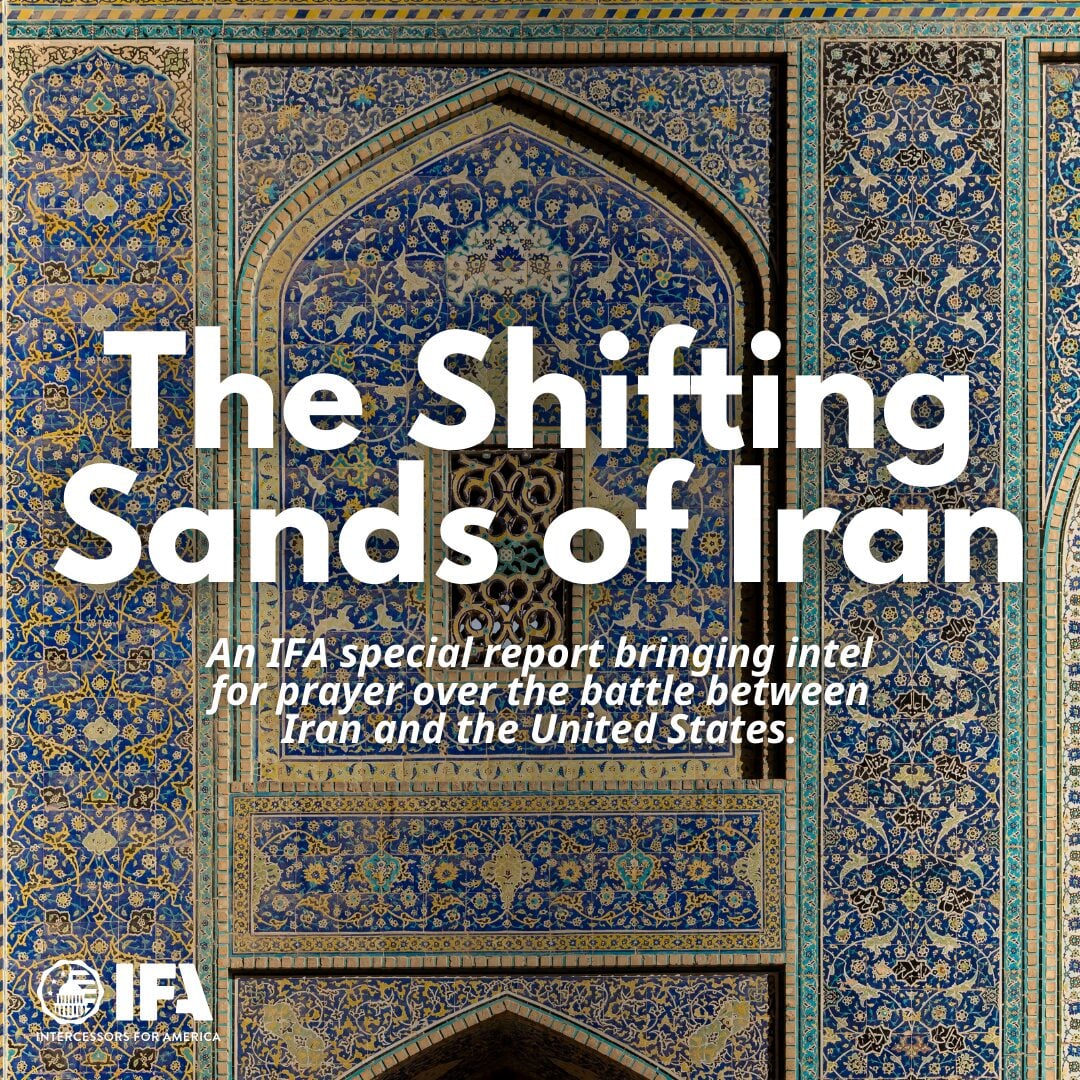TRUMP CALLS FOR HELPING FORMER INMATES FIND JOBS WITH PROPOSED “SECOND STEP ACT”
FOR POMPEO, FAITH IS CRITICAL TO HIS JOB
ANSWERED PRAYER: SENATE RULES CHANGE TO ALLOW FOR MORE CONFIRMATIONS OF...
PRAY FOR THE ISRAELI ELECTIONS–APRIL 9
FIND OUT WHY H.R. 1 IS ONE OF THE WORST BILLS IN HISTORY
TRUMP CALLS FOR HELPING FORMER INMATES FIND JOBS WITH PROPOSED “SECOND STEP ACT”
President Donald Trump said on April 1 that he wants to follow up on criminal justice reform with efforts that help federal inmates find jobs after they leave prison with a Second Step Act. Congress passed legislation last year called the First Step Act that gave judges more discretion when sentencing some drug offenders and boosts prisoner rehabilitation efforts. The effort drew strong support from Republicans and Democrats worried that mandatory minimum laws had generated unfair sentences in many drug-related cases.
Trump said Americans with criminal backgrounds are unemployed at rates up to five times the national average, which stood at 3.8 percent in February. He said that a Second Step Act will focus on “successful re-entry and reduced unemployment for Americans with past criminal records.” His goal is to cut that unemployment rate for ex-prisoners to single digits within five years. The president was short on details about what future legislation would include, but the White House said Trump’s budget for the next fiscal year proposes more than $500 million to help prisoners succeed after their release.
“When we say ‘hire American,’ we mean all Americans, including former inmates who have paid their debt to society,” Trump said.
Gregory Allen noted that two months ago, he was in a prison cell and now he was telling his story at the White House, calling it an example of what would “make America great again,” Allen said, borrowing from the president’s trademark phrase as the audience laughed and applauded.
Trump signed into law a landmark criminal justice reform bill dubbed the First Step Act, on Dec. 21, last year.
The Act gave judges more discretion when sentencing drug and lower-level offenders, while also reducing the recidivism risks of prisoners by expanding on programs such as job training. It passed the House of Representatives a day ago by a landslide vote of 358 to 36.
Earlier the Senate had pushed the bill—that only affects federal prisoners—through with a similar show of support by 87–12. Trump and his son-in-law Jared Kushner had both lobbied for the measure.
“Everybody said it couldn’t be done. They said the conservatives won’t approve it, they said the liberals won’t approve it,” Trump told reporters at the White House. “They said nobody’s going to approve it, everybody’s gonna be against it. It’s been many many years … and nobody came close.”
Co-sponsored by more than a third of the Senate, the act received support from both Democrats and Republicans. It aims to make the federal criminal justice system fairer, reduce overcrowding, and save taxpayer dollars. Certain mandatory minimum sentences were also adjusted.
At the signing event, Trump thanked ranking members from both sides of the aisle and commended the bipartisan effort. At one point, he invited his son-in-law to make remarks, adding that “Jared has worked so hard on this.”
Kushner, who spoke for several minutes said that in addition to the many people in the room, “This really took an army of a lot of other people.” He also spoke about the people drawn to the issue by the “pain of the past.”
“We were their lobbyists,” Kushner said, while describing the people unable to fight for themselves.
Ivanka Trump joked at the times that now the bill had been signed, she might see Jared more often. “Maybe I’ll get a little bit more time with him now.”
Under the bill, maximum penalties are maintained for violent felons and drug kingpins. But mandatory minimum penalties are reduced for others. Prisoners can earn time credits toward their release to halfway houses or home confinement.
The First Step Act, that took years in the making, represented an easing of tough, law-and-order minimal sentencing requirements imposed on judges that stemmed from a 1980s drive to clamp down on an epidemic of crack cocaine and other illegal drug use in the United States. It was the product of much effort from both liberal and conservative advocacy groups, as well as civil right advocates.
(Used with permission from The Epoch Times.)
Partner with Us
Intercessors for America is the trusted resource for millions of people across the United States committed to praying for our nation. If you have benefited from IFA's resources and community, please consider joining us as a monthly support partner. As a 501(c)3 organization, it's through your support that all this possible.


We use cookies to ensure that we give you the best experience on our website. If you continue to use this site we will assume that you are happy with it. Privacy Policy




Comments
Lord, the Great Redeemer, I thank You for making this program a reality and pray that You will safeguard it so that it achieves Your purposes. Bless everyone involved with resolve to overcome their problems and lift them up to You. May many of them be brought to You through this program and their testimony glorify Your Name. Amen
Lord God, You are a merciful, forgiving God. You know the heart of every man, woman, boy and girl. I thank you for putting into action First Step Act and Second Step Act. I also give You praise for this bipartisan effort that affords Democratic and Republican parties to come together for the common good. May our citizens who qualify for this program be bless by Your mercy. God, I speak that they will experience Your transforming grace. In Jesus Name Amen